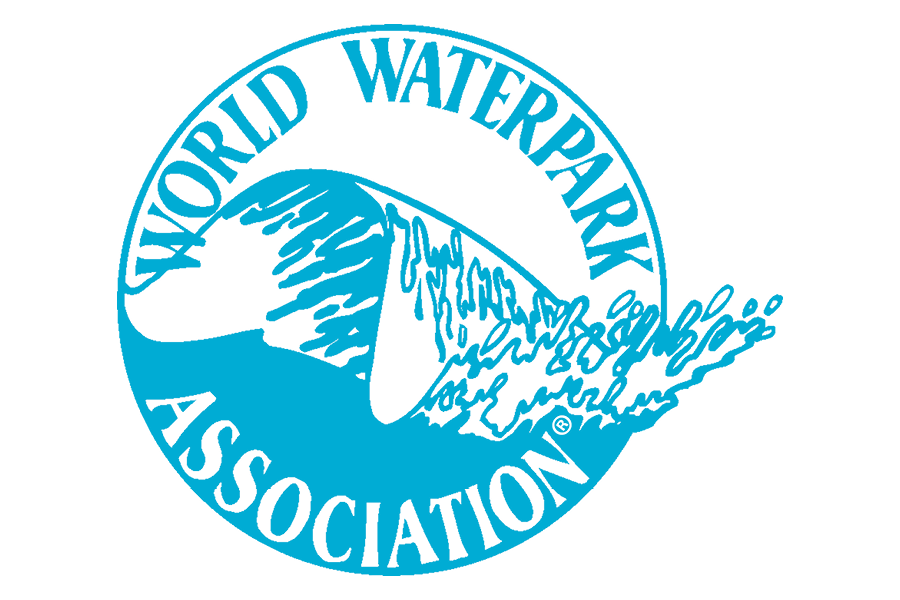Tyler Anderson, AqP, CEAP, CCISM, CCI is a respected leader in the field of Critical Incident Stress Management (CISM), with over 20 years of hands-on experience supporting teams through challenging situations. He currently serves on the American Airlines Critical Incident Response Team (CIRT), where he helps crew members navigate workplace trauma and provides support as an Employee Assistance Representative. As a Certified Employee Assistance Professional (CEAP) through the International Employee Assistance Professionals Association and a Certified Crisis Interventionist (CCI) through the American Academy of Experts in Traumatic Stress, he brings deep expertise and compassion to every response. He also holds the Critical Incident Stress Management (CCISM) credential from the University of Maryland, Baltimore. Recognizing a gap in support for aquatic professionals, Anderson founded the International Lifeguard Critical Incident Response Alliance to bring CISM best practices to lifeguards working in pool, beach, and waterpark environments. He’s actively involved in aquatic critical incident research, training and education, serving on the faculty of the AOAP Directors’ School and collaborating with the International Lifesaving Federation’s Academy to develop a course for senior industry leaders focused on how organizations can best manage responder stress. With more than 25 years of experience in aquatics, emergency management and business continuity planning, Anderson has held leadership roles with organizations like Six Flags Theme Parks, the American Red Cross, YMCAs, Goldfish Swim Schools and several pool management companies. He’s an American Red Cross Lifeguard Instructor Trainer, an Ellis & Associates Lifeguard Instructor, a Certified Pool Inspector (CPI) and a Designated Aquatic Professional (AqP) with the Association of Aquatic Professionals. He also teaches Advanced Individual and Group Crisis Intervention through the International Critical Incident Stress Foundation (ICISF) and is recognized as a Diplomate by the American Institute of Stress.



